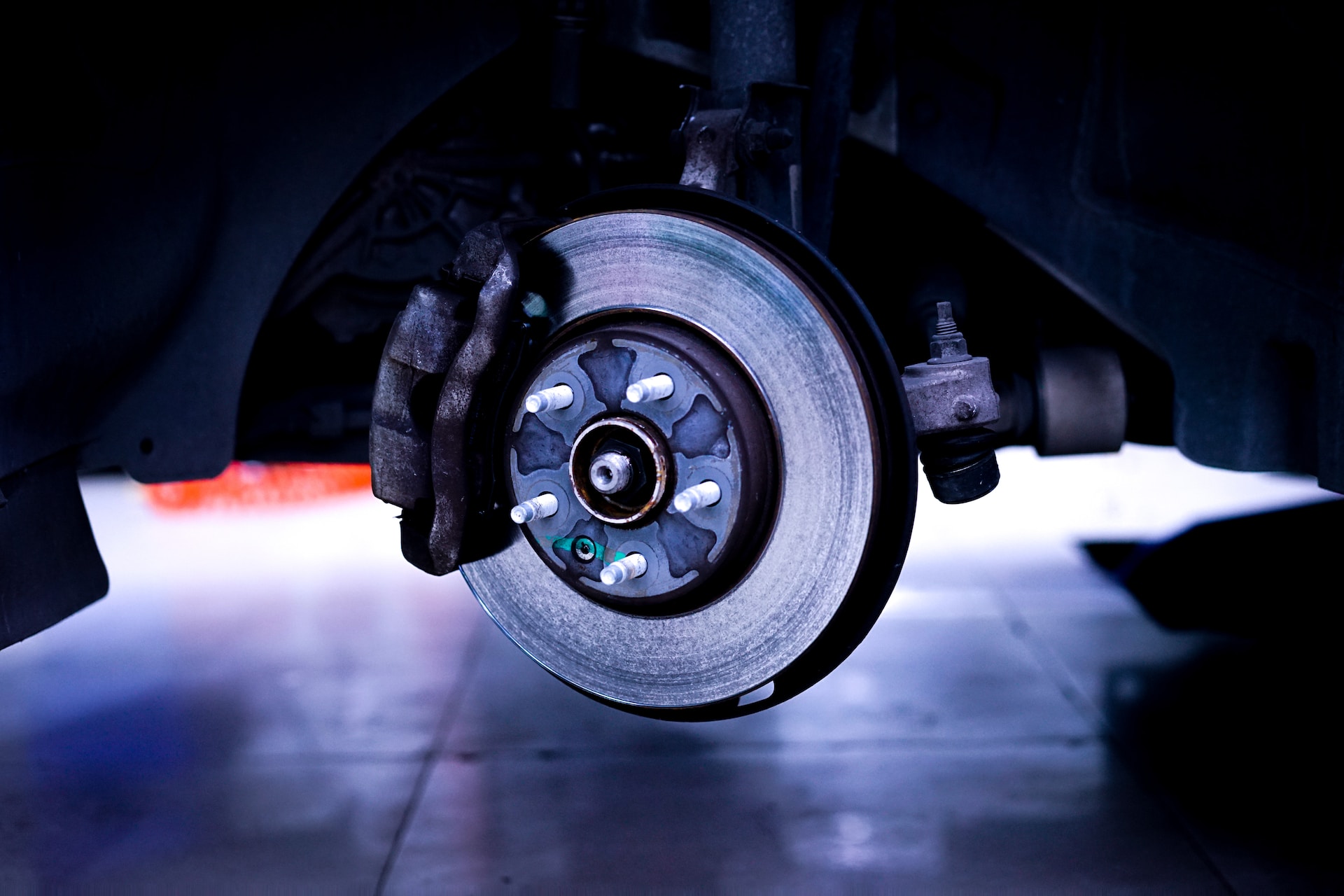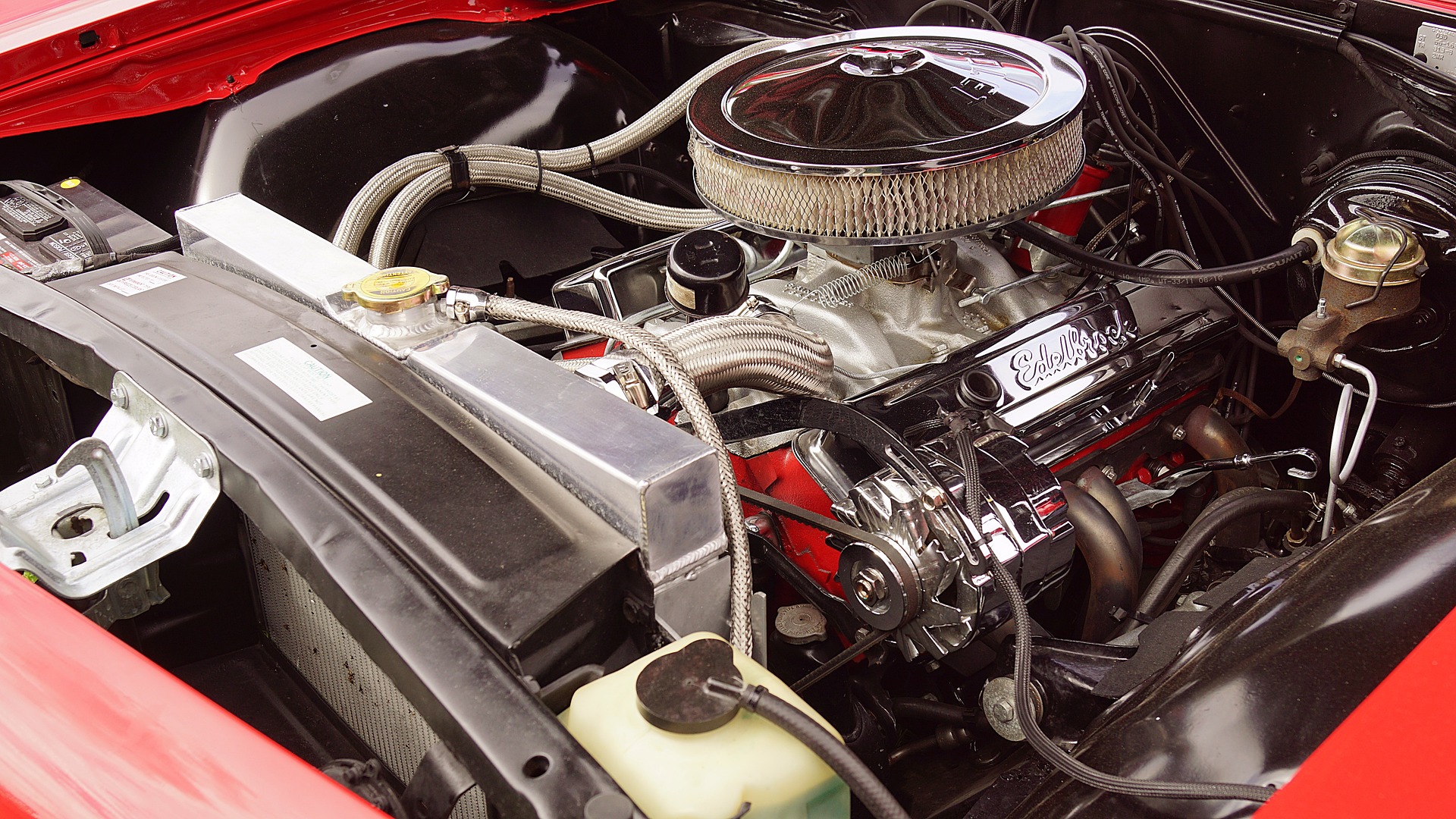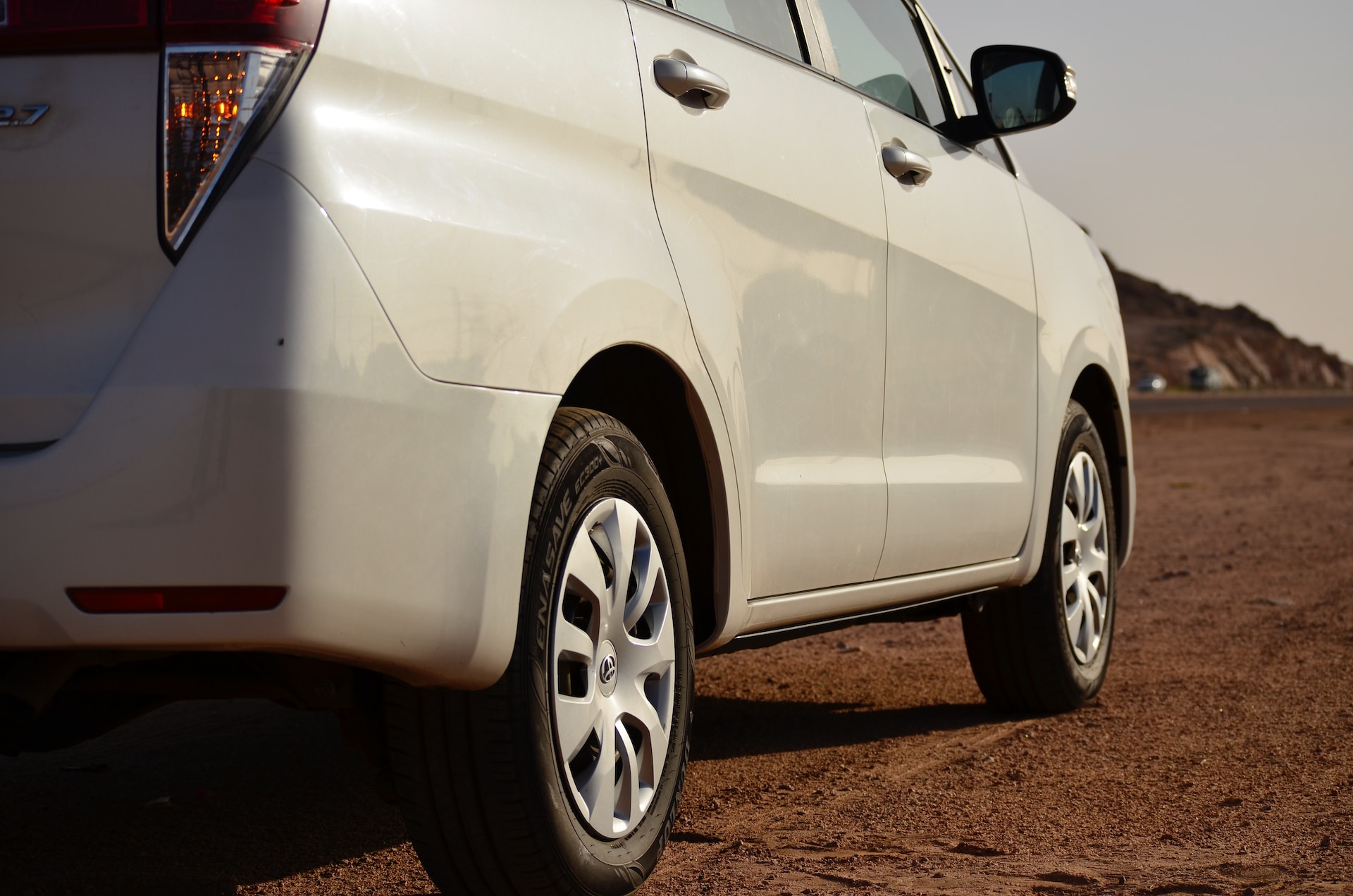Owning a car is a significant investment, and one of the best things we can do about it is to ensure that it lasts for a long time. For any car owner, this is absolutely crucial. Proper maintenance not only extends the life of your car, but it will also save you money in the long run by preventing potential breakdowns and expensive repairs. Here are 40 essential car care tips that will keep your vehicle running smoothly for years to come.
1. Regular Oil Changes
The livelihood of any vehicle is dependent on engine oil, meaning it needs regular replacement to ensure that the engine will continue to work without any issues. Old or dirty oil can lead to increased wear and tear on engine parts. Therefore, regular oil changes based on manufacturer recommendations can make sure that your engine remains clean, lubricated, and operating at its peak. This is a simple step, but it’s arguably one of the most important ones.
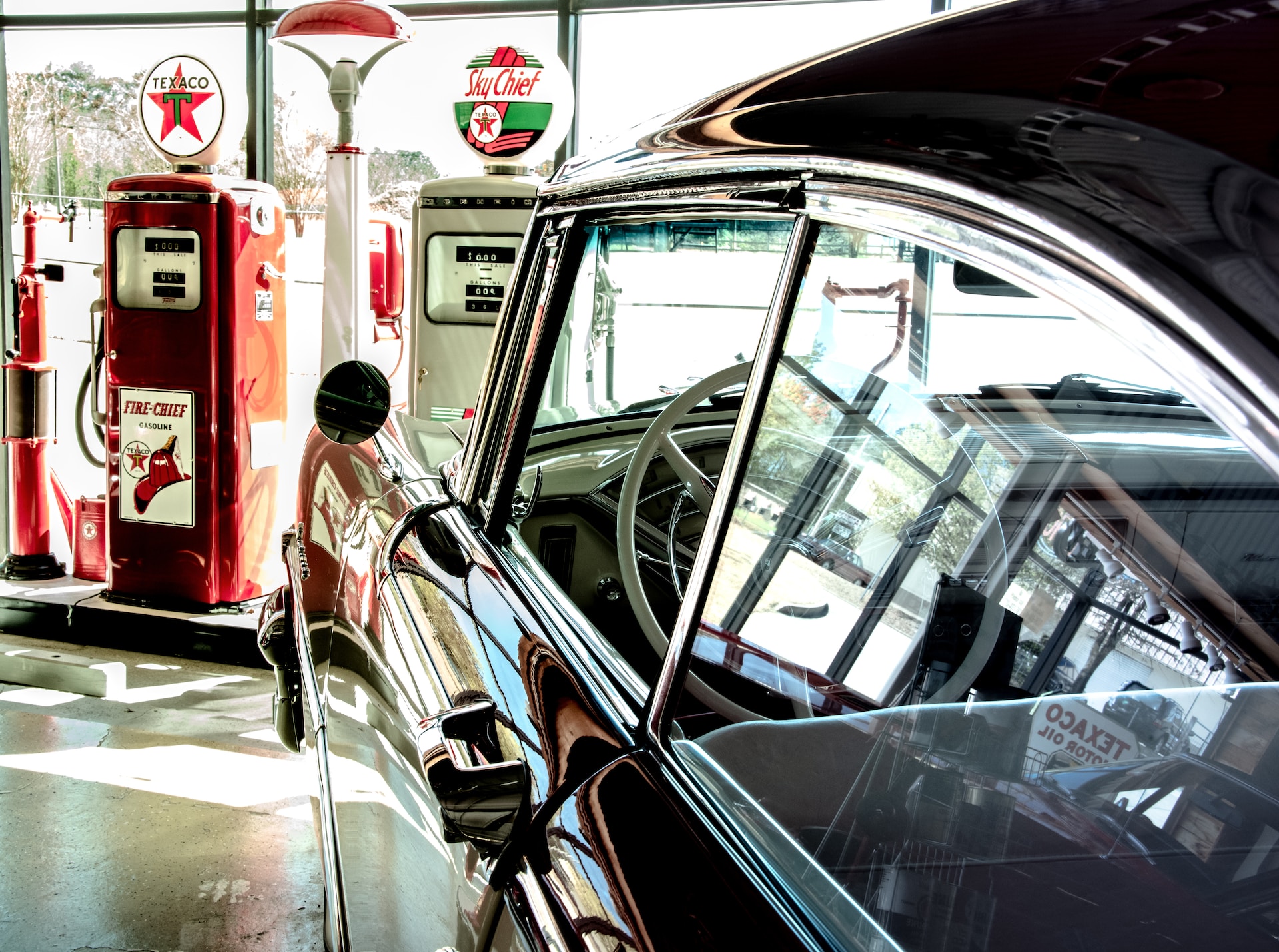 Photo by Russ Photographer on Unsplash
Photo by Russ Photographer on Unsplash
2. Tire Maintenance
It shouldn’t come to you as a surprise that tires play a pivotal role in your car’s performance and safety. Regularly checking tire pressure is one way to keep an eye on tire wear and keep optimal gas mileage. Rotate your tires every 5,000 to 8,000 miles to promote uniform wear as well. Moreover, keeping an eye on tire tread depth and replacing tires when necessary will help maintain traction and prevent accidents.
3. Replace Air Filters
Clogged or dirty air filters can reduce your car’s performance and fuel efficiency. Regularly replacing air filters is actually an important step that makes sure your engine gets the clean air it needs to burn fuel efficiently. This not only helps in improving gas mileage but also in extending the engine’s overall lifespan.
4. Regularly Check Fluid Levels
Apart from engine oil, your car relies on various other fluids like coolant, brake fluid, power steering fluid, and transmission fluid. You should be inspecting and maintaining these fluid levels on a regulus basis to prevent overheating, enhance braking performance, and ensure smooth gear shifts.
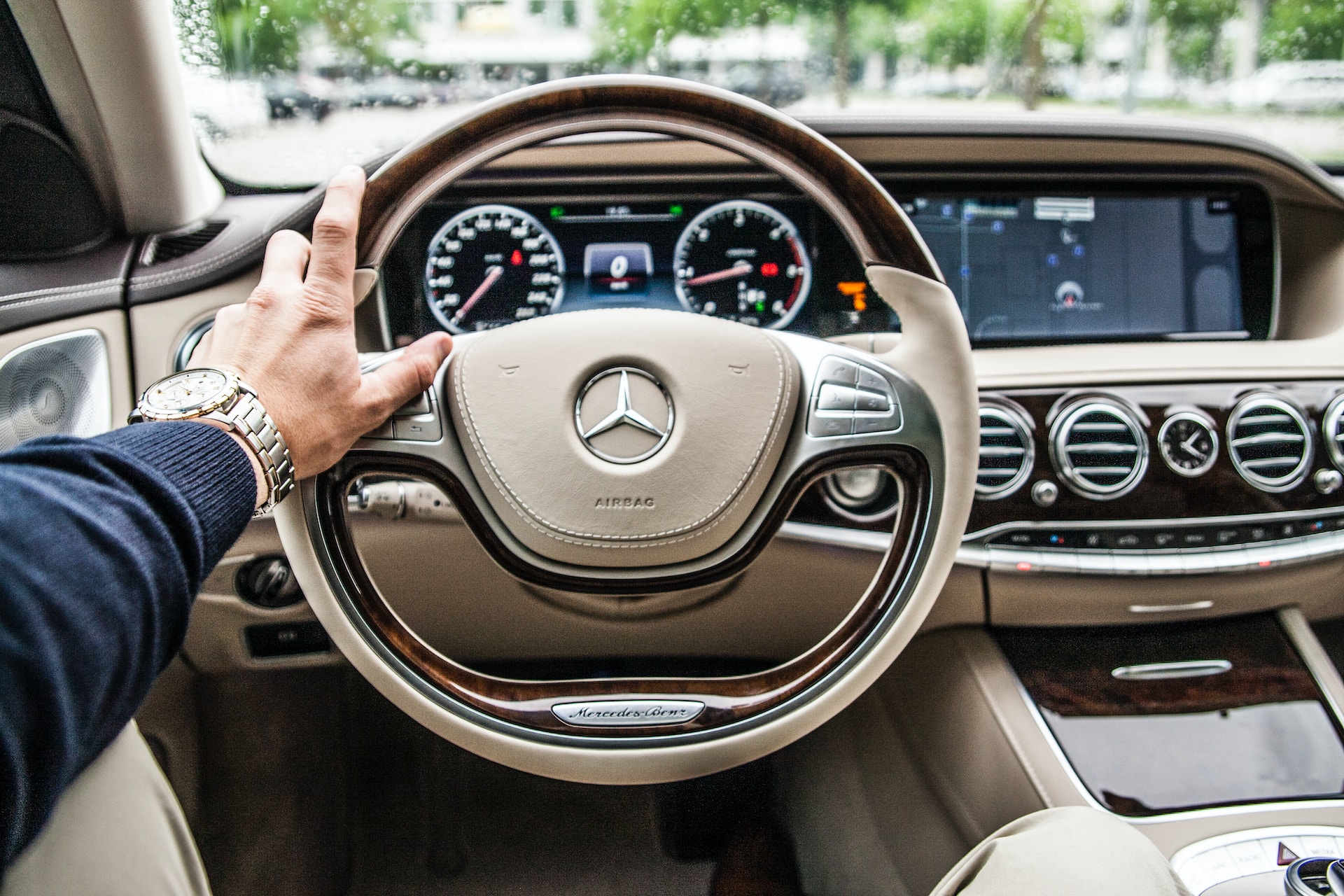 Photo by Nicolai Berntsen on Unsplash
Photo by Nicolai Berntsen on Unsplash
5. Drive Responsibly
Well, this one’s a no-brainer! Always drive responsibly on the road. Avoiding sudden accelerations and hard stops can greatly reduce the wear on your vehicle. Driving smoothly and responsibly not only saves fuel, but can also extend the life of your brakes, tires, and transmission.
 Photo by JD Weiher on Unsplash
Photo by JD Weiher on Unsplash
6. Clean Your Car
Alright lazy birds, it’s time to stop delaying your annual car clean-up and get to it! Beyond aesthetics, cleaning your car (yes, both inside and out)! can be helpful in extending its life. Washing the exterior removes corrosive materials like salt and dirt that can damage the paint and undercarriage. Meanwhile, cleaning the interior will prevent wear on seats and controls.
 Photo by Leon Seibert on Unsplash
Photo by Leon Seibert on Unsplash
7. Annual Inspections
It’s essential that you schedule a yearly inspection with a trusted mechanic to make sure that your car is running in optimal condition. They can spot potential problems early, ensuring that minor issues don’t escalate into major, costly repairs.
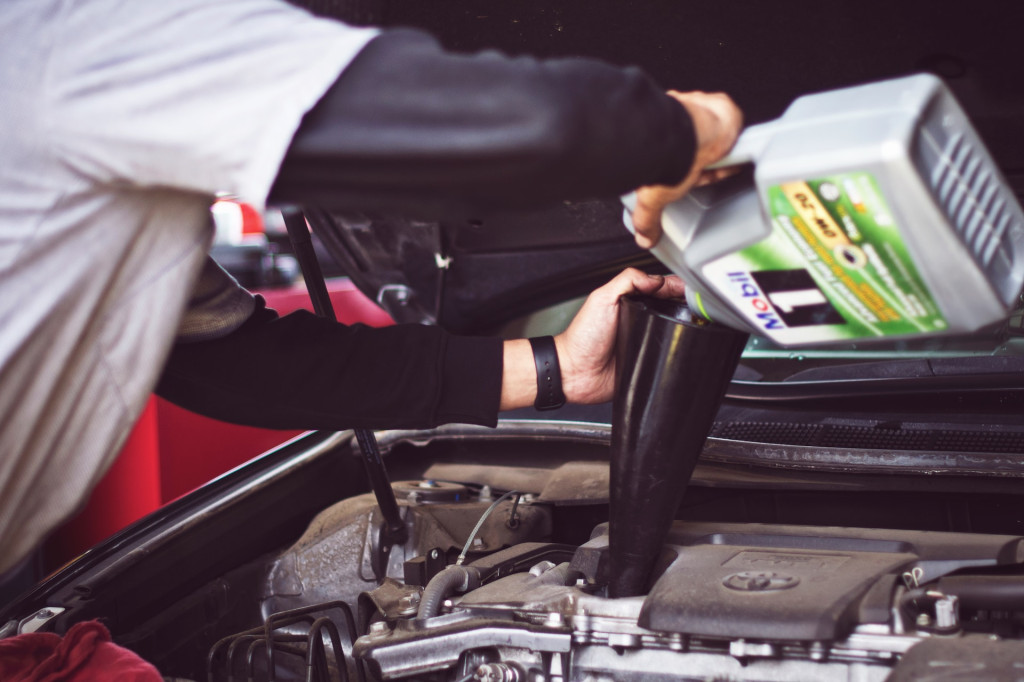 Photo by Tim Mossholder on Unsplash
Photo by Tim Mossholder on Unsplash
8. Protect From Extreme Weather
Extreme heat and cold can seriously take a toll on your vehicle. To give your car a helping hand, using sunshades, parking in the shade during hot days, or using a garage during winter can all help to protect your car’s battery, tires, and paint. They’re just little changes, but they can have a big impact.
 Photo by Joy Stamp on Unsplash
Photo by Joy Stamp on Unsplash
9. Replace Brake Pads
It’s obvious that brakes are vital for safety, so you should regularly check the brake pads for wear. Replacing them when they thin out prevents damage to the brake rotor and maintains effective stopping power. All of this will help to prolong the life of your vehicle’s braking system.
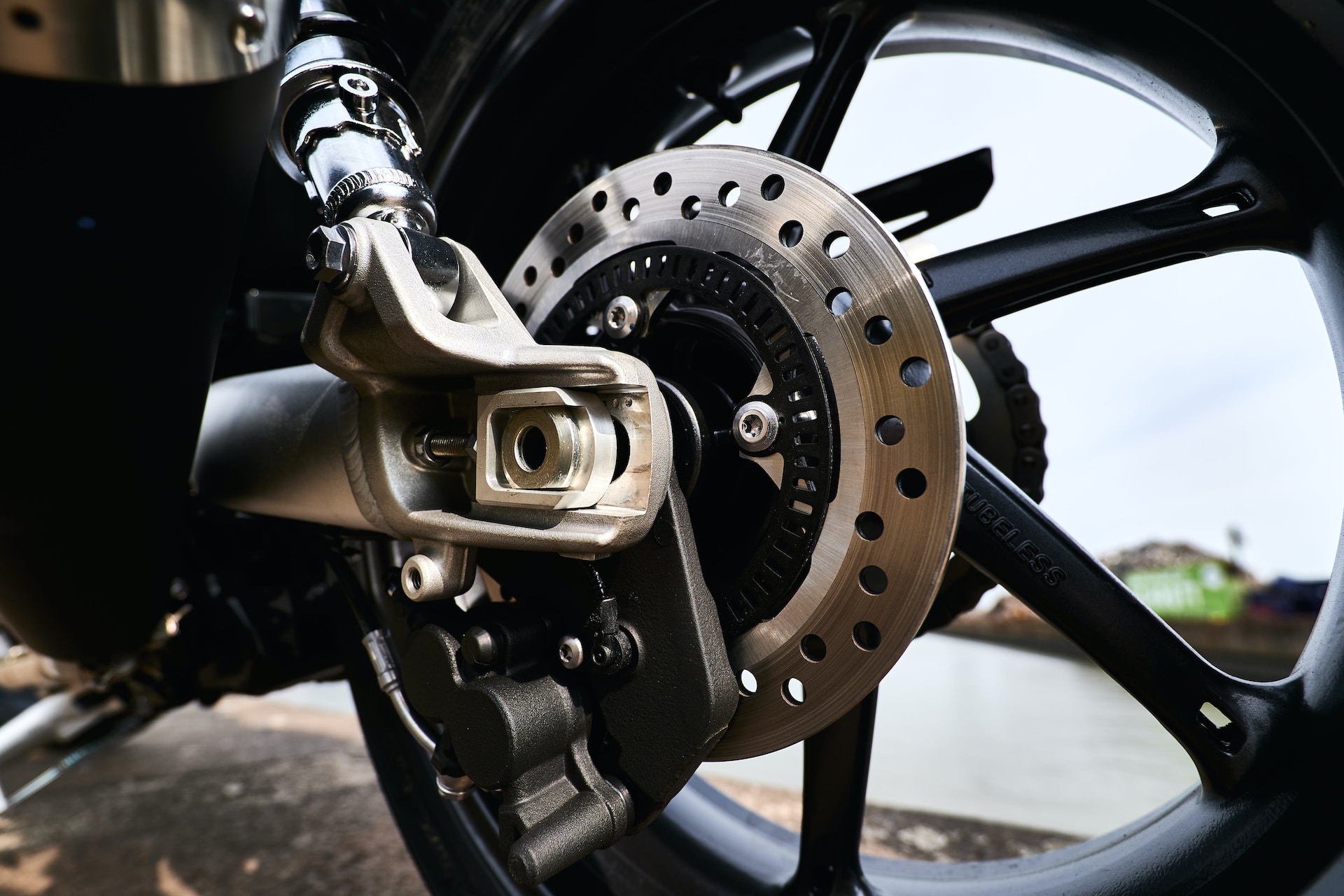 Photo by Hans Ripa on Unsplash
Photo by Hans Ripa on Unsplash
10. Use Quality Fuel and Additives
Yes, sometimes it can be more expensive, but if you can afford it, it can really aid in the longevity of your car. After all, good quality fuel means optimal engine performance. Occasionally using fuel additives can also clean the fuel system and improve overall engine health. But always first consult your owner’s manual before adding any additives for the first time.
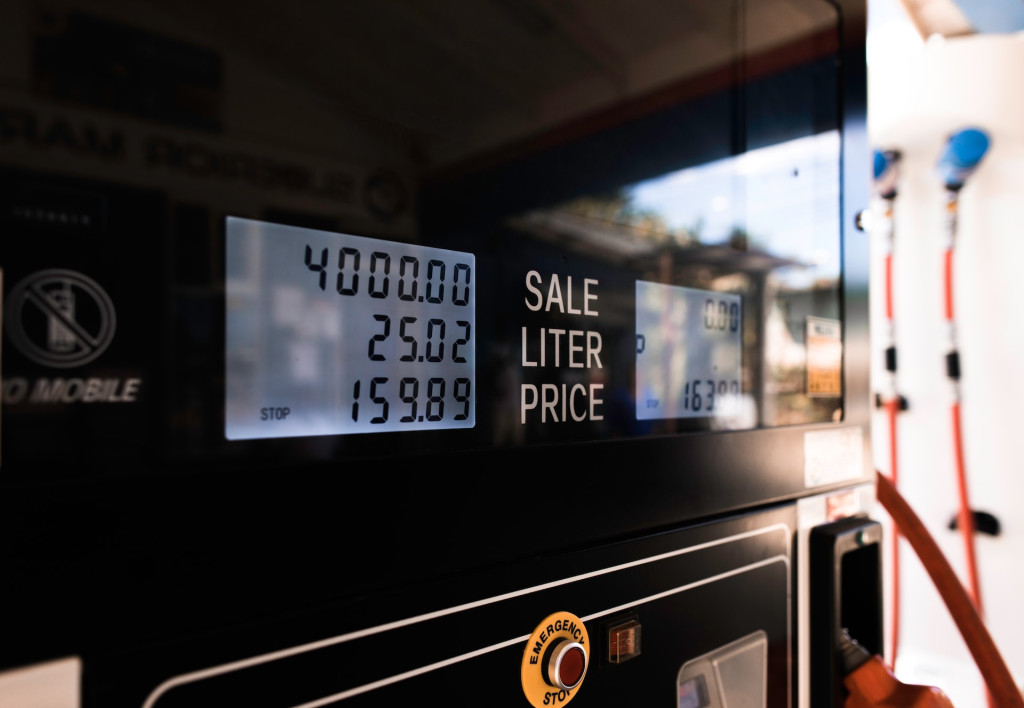 Photo by Rock Staar on Unsplash
Photo by Rock Staar on Unsplash
11. Belt and Hose Checks
The belts and hoses in your vehicle play a critical role in ensuring various parts are functioning optimally. These components can become brittle, swollen, or cracked over time. So with regular inspections, you can easily detect signs of wear or potential failure, which can prevent catastrophic engine damage. Replacing them at the first sign of wear is important for your engine’s health.
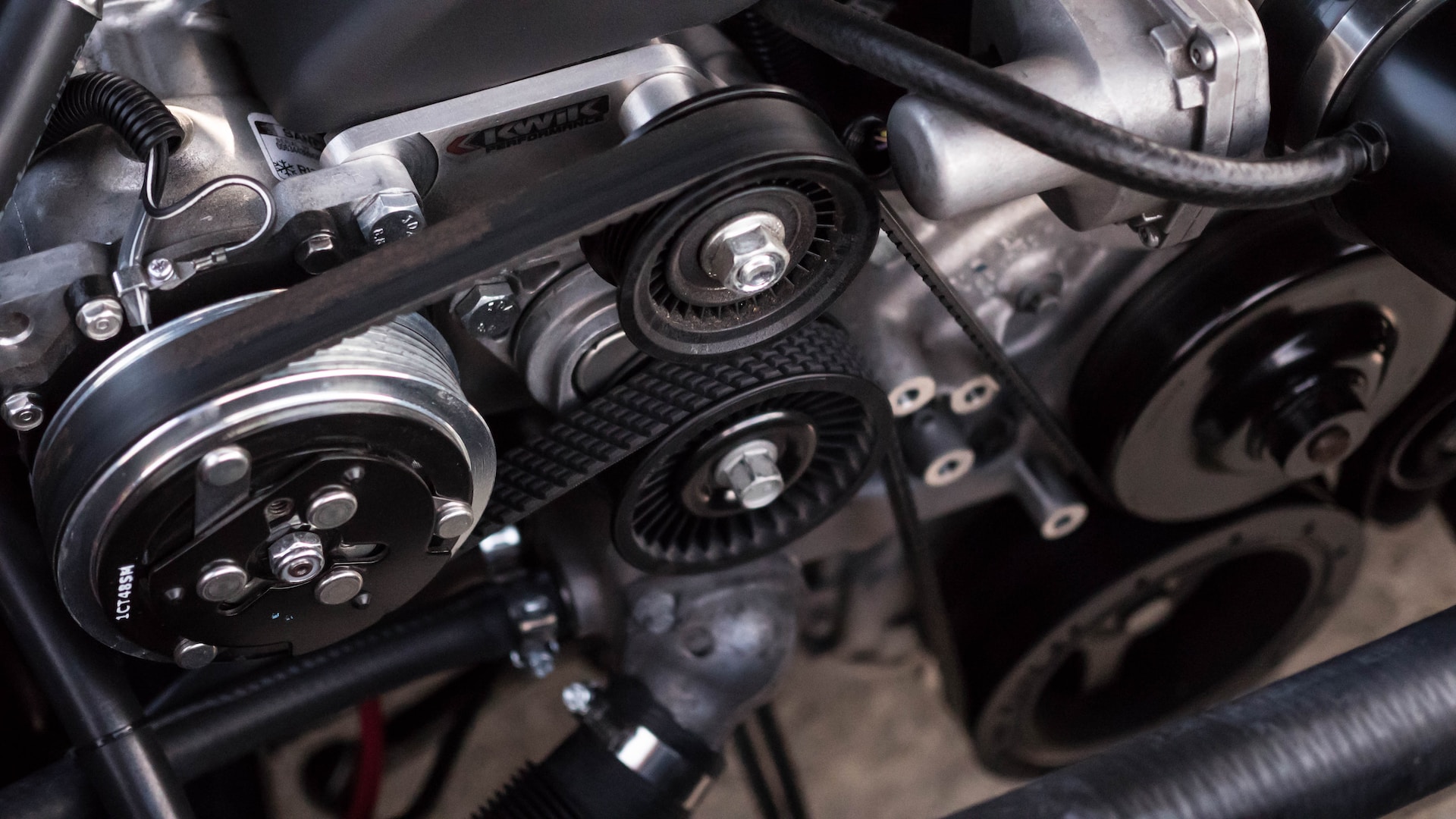 Photo by Chad Kirchoff on Unsplash
Photo by Chad Kirchoff on Unsplash
12. Battery Maintenance
Think of the car battery as the heart of the electrical system. Over time, terminals can corrode, which may hamper the battery’s efficiency. Regularly cleaning the terminals and ensuring the battery is securely mounted can be done to extend its lifespan. You should also check the battery’s charge and health, giving you an idea of if there are going to be any unexpected breakdowns.
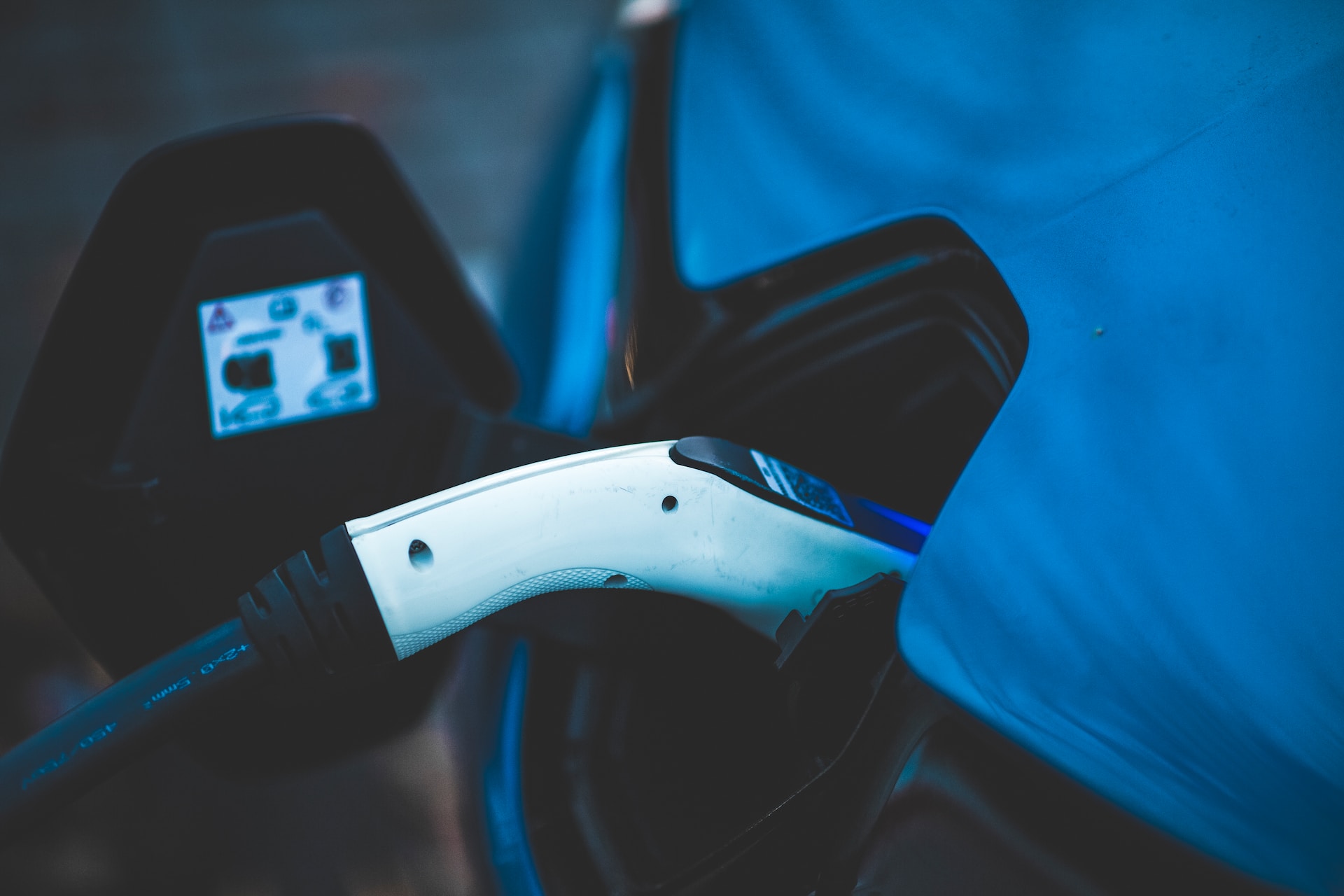 Photo by Markus Spiske on Unsplash
Photo by Markus Spiske on Unsplash
13. Regular Alignment Checks
Proper wheel alignment helps with tire wear and better fuel efficiency. It also offers a smoother ride and ensures that the vehicle handles in a steady manner on straight roads. Doing an alignment check, especially after hitting a pothole or curb, can prevent uneven tire wear and suspension issues.
 Photo by Jan Baborák on Unsplash
Photo by Jan Baborák on Unsplash
14. Avoid Heavy Loads
Consistently carrying heavy loads, especially if it’s more than the car’s recommended capacity, can put a strain on the suspension, brakes, and transmission. Stay mindful of your vehicle’s load capacity and try to avoid overburdening it. If you need to transport heavy items on a daily or even weekly basis, consider getting a vehicle designed for such tasks.
 Photo by Johnathan Ciarrocca on Unsplash
Photo by Johnathan Ciarrocca on Unsplash
15. Garage Parking
Whenever possible, it’s always a smart idea to park your car in a garage. Why? It shields your car from environmental damage like UV rays, rain, tree sap, and bird droppings. Over time, these factors can damage the paint and finish of your car, leading to rust and other issues.
 Photo by Raynaldy Dachlan on Unsplash
Photo by Raynaldy Dachlan on Unsplash
16. Update Software
Modern cars are equipped with advanced software that controls various functionalities. Manufacturers occasionally release software updates to fix bugs or enhance performance. Try to keep up with these updates, as they can prolong the efficiency and life of various car components.
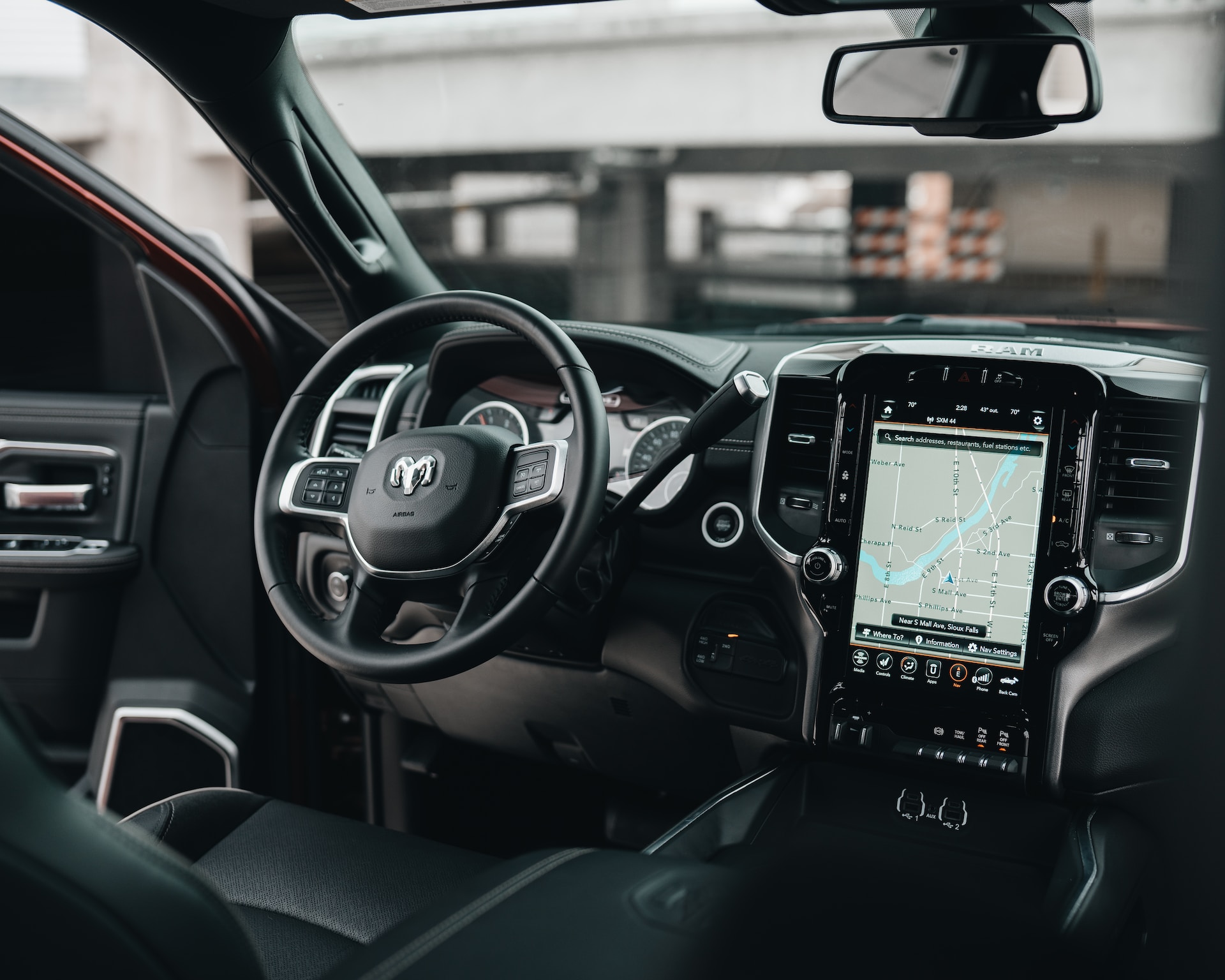 Photo by Brock Wegner on Unsplash
Photo by Brock Wegner on Unsplash
17. Check the Spark Plugs
Spark plugs are essential for the ignition system. Worn-out or fouled spark plugs can result in poor performance, reduced fuel efficiency, and can even lead to engine misfires. Checking and replacing them at recommended intervals ensures smooth engine operation.
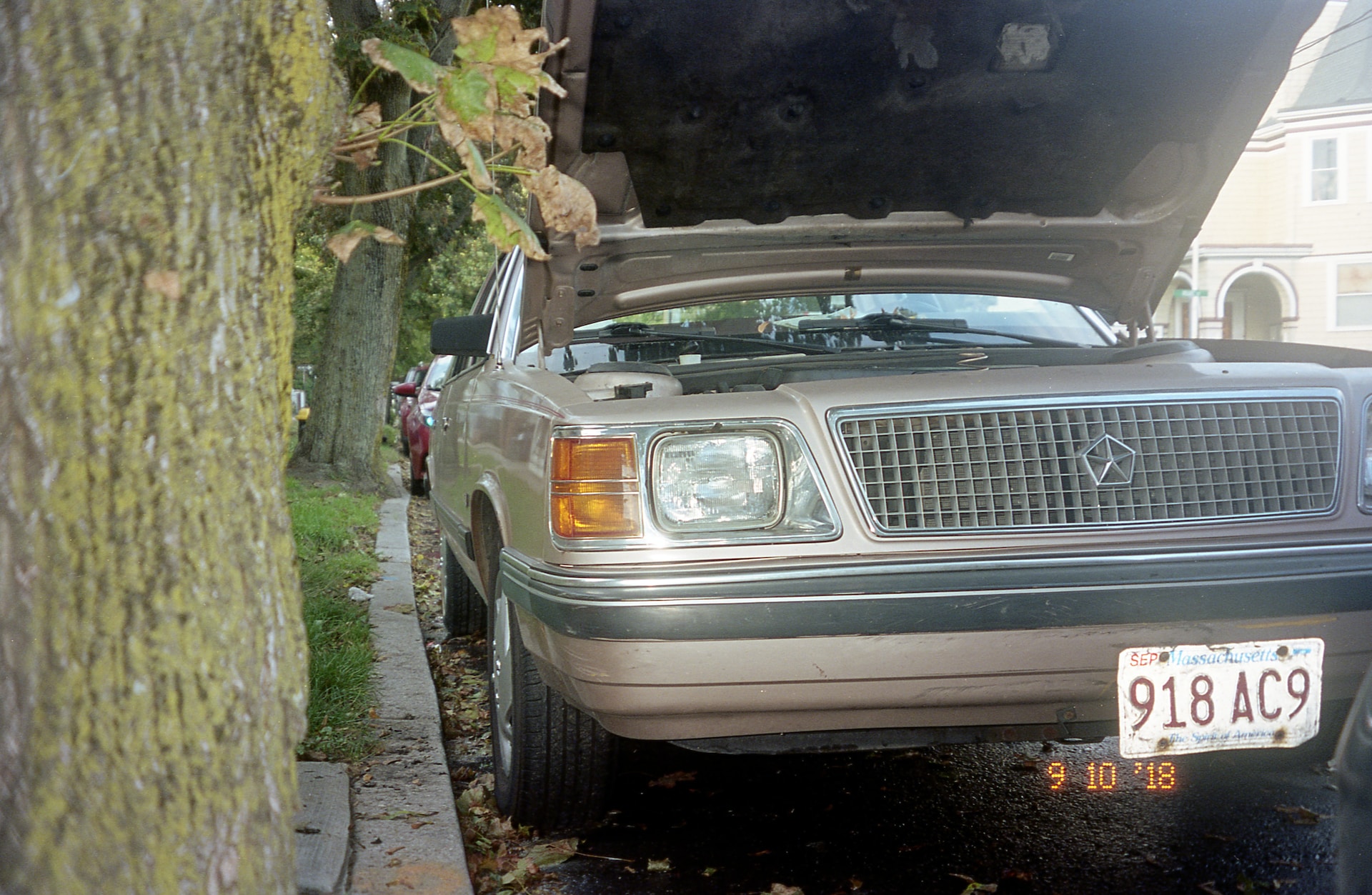 Photo by Matthew Moloney on Unsplash
Photo by Matthew Moloney on Unsplash
18. Maintain The Cooling System
The cooling system is what prevents the engine from overheating. Always keep an eye on the radiator, thermostat, and water pump, replacing the coolant at manufacturer-recommmended intervals. Doing so can save your engine from costly damages due to overheating.
 Photo by Tobias A. Müller on Unsplash
Photo by Tobias A. Müller on Unsplash
19. Clutch and Transmission Care
If you drive a manual vehicle, practice smooth gear shifts. Rough shifting can wear out the clutch and transmission prematurely. For automatic transmissions, using the right type of transmission fluid and changing it as recommended can extend its life.
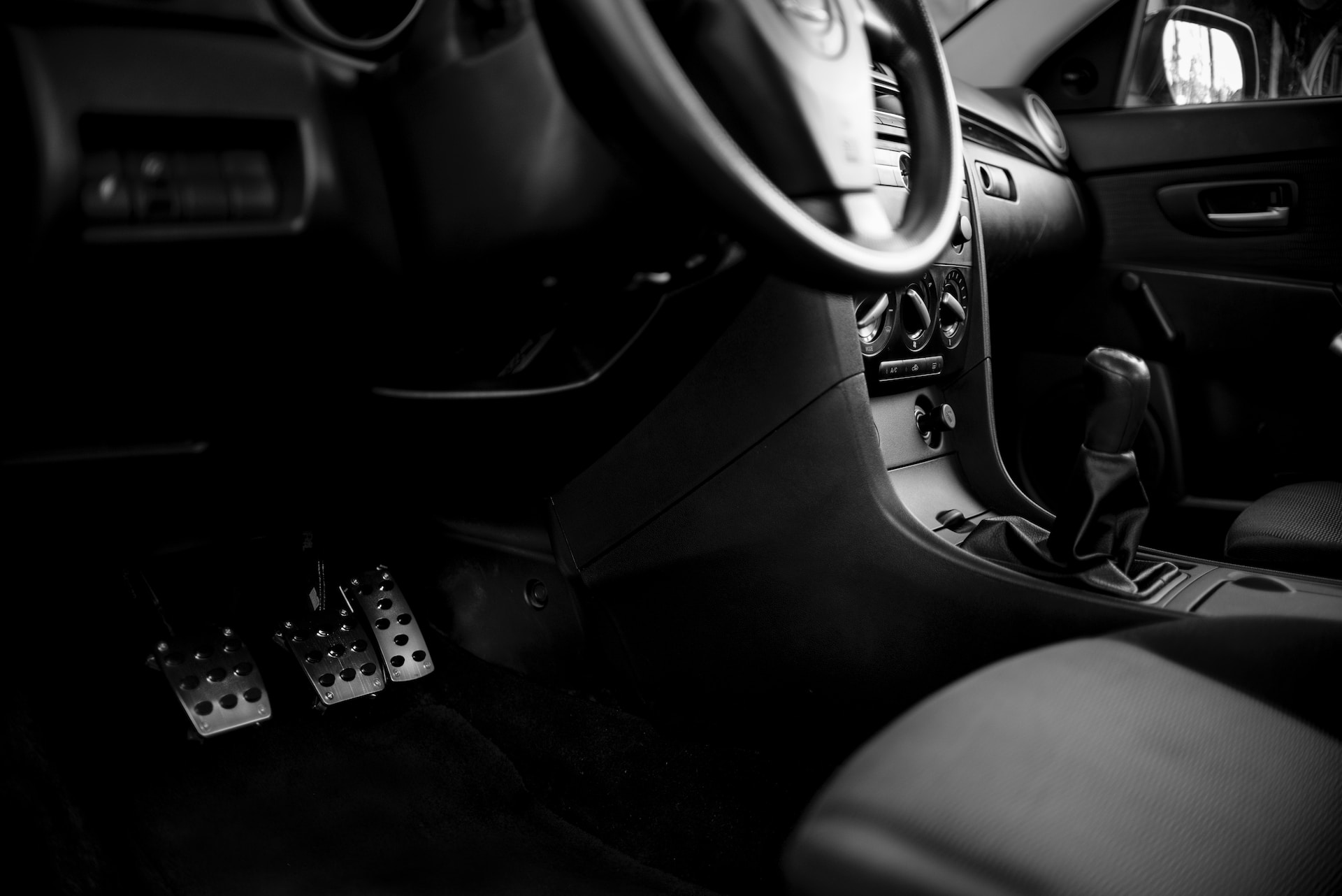 Photo by Unervi González on Unsplash
Photo by Unervi González on Unsplash
20. Limit Short Rides
Here’s one tip you probably never thought about before. Frequently taking short trips doesn't allow your car's engine to warm up to its optimal operating temperature. This can result in condensation of fuel and water inside the engine, which can dilute the oil, reducing its efficacy. Combining errands or opting for longer routes occasionally can help in achieving the necessary engine temperature.
 Photo by Samuele Errico Piccarini on Unsplash
Photo by Samuele Errico Piccarini on Unsplash
21. Windshield Wipers and Fluid
Visibility is vital for safe driving. Over time, windshield wiper blades deteriorate, resulting in streaks or inadequate water removal. Replacing worn-out wipers is important for optimal visibility during rain or snow. Additionally, always confirm that the windshield washer fluid is adequately filled with the right solution. This helps in efficiently removing dirt, smudge, and other obstructions to clear vision.
 Photo by Hugo Ramos on Unsplash
Photo by Hugo Ramos on Unsplash
22. Light Maintenance
All the lights in your vehicle, from headlights and tail lights to blinkers and brake lights, play a significant role in safety. Frequently inspect all lights to check that they're functioning correctly. Replacing dimming or burnt-out bulbs ensures not just your visibility but also ensures other drivers can see you and predict your moves on the road. It’s all about keeping yourself and others safe at the end of the day.
 Photo by Philip Blank on Unsplash
Photo by Philip Blank on Unsplash
23. Check Suspension Components
The suspension system provides a smooth ride and affects handling. Worn-out shocks or struts can lead to an uncomfortable ride and increased wear on other parts of the vehicle. Regularly inspecting and replacing any worn-out suspension components will maintain the comfort and efficiency of your ride.
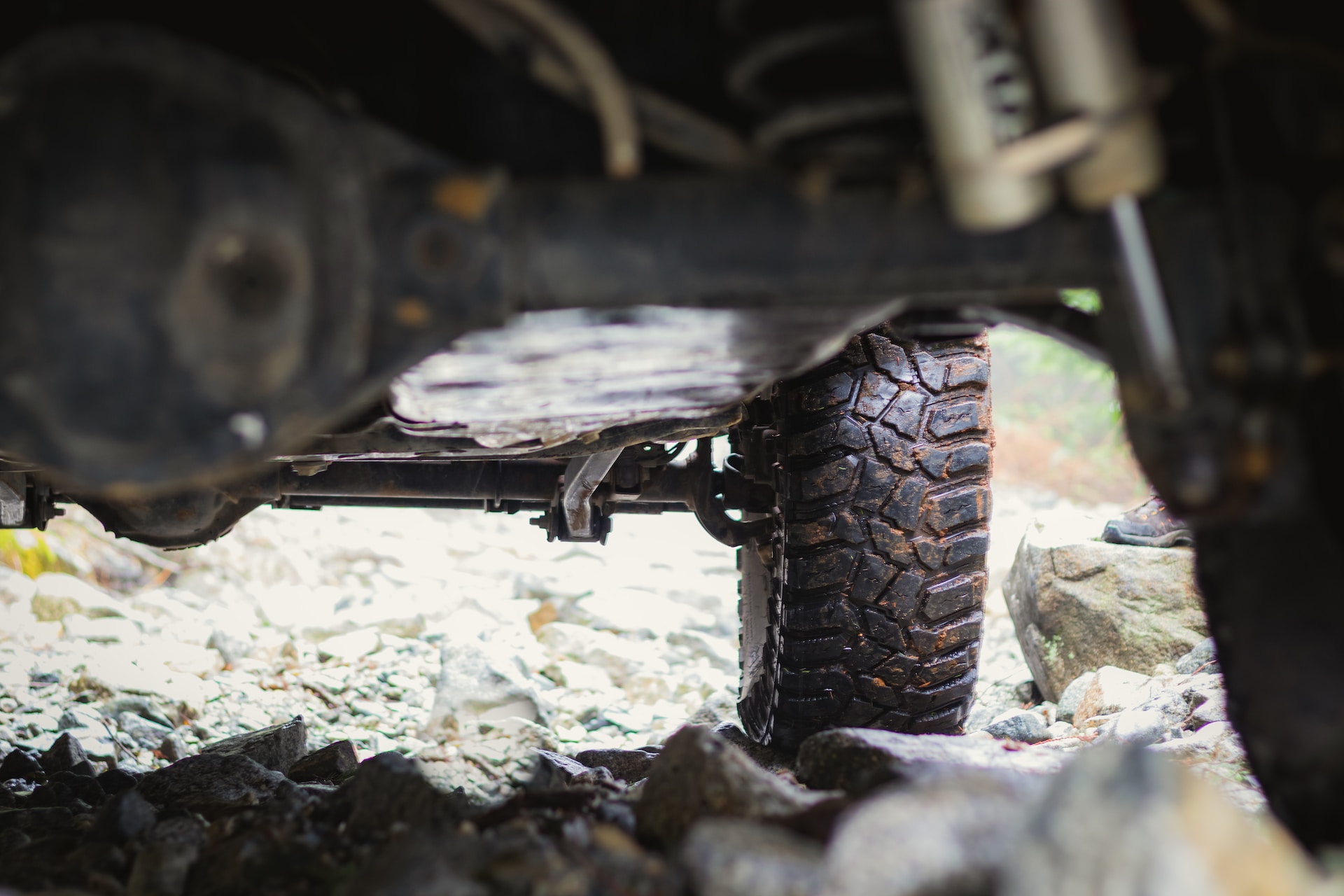 Photo by Greg Rosenke on Unsplash
Photo by Greg Rosenke on Unsplash
24. Rust Prevention and Treatment
Rust is a silent attacker - it’ll slowly eat away at your car’s value and structural integrity. Frequently inspecting your car for minor scratches or dents and quickly addressing them can prevent rusting. Also, make sure there’s proper drainage by checking drain holes under doors and other parts. If rust spots appear, treat them promptly to prevent further spreading.
 Photo by Nikolai Justesen on Unsplash
Photo by Nikolai Justesen on Unsplash
25. Protect Interior Components
Cars are as much about the look as the function, right? Prolonged exposure to sunlight can cause your car’s interiors, like the dashboard and seats, to fade or crack. Using sun protectors, seat covers, or UV protectant sprays can prevent this damage, maintaining the car’s aesthetic and resale value.
 Photo by Arteum.ro on Unsplash
Photo by Arteum.ro on Unsplash
26. Examine the Exhaust System
The exhaust system helps in reducing harmful emissions from the vehicle. Leaks or issues in the exhaust system can result in reduced fuel efficiency and increased emissions. Do regular inspections to check for rust, damage, or unusual noises that can help identify and address issues quickly before they become major problems.
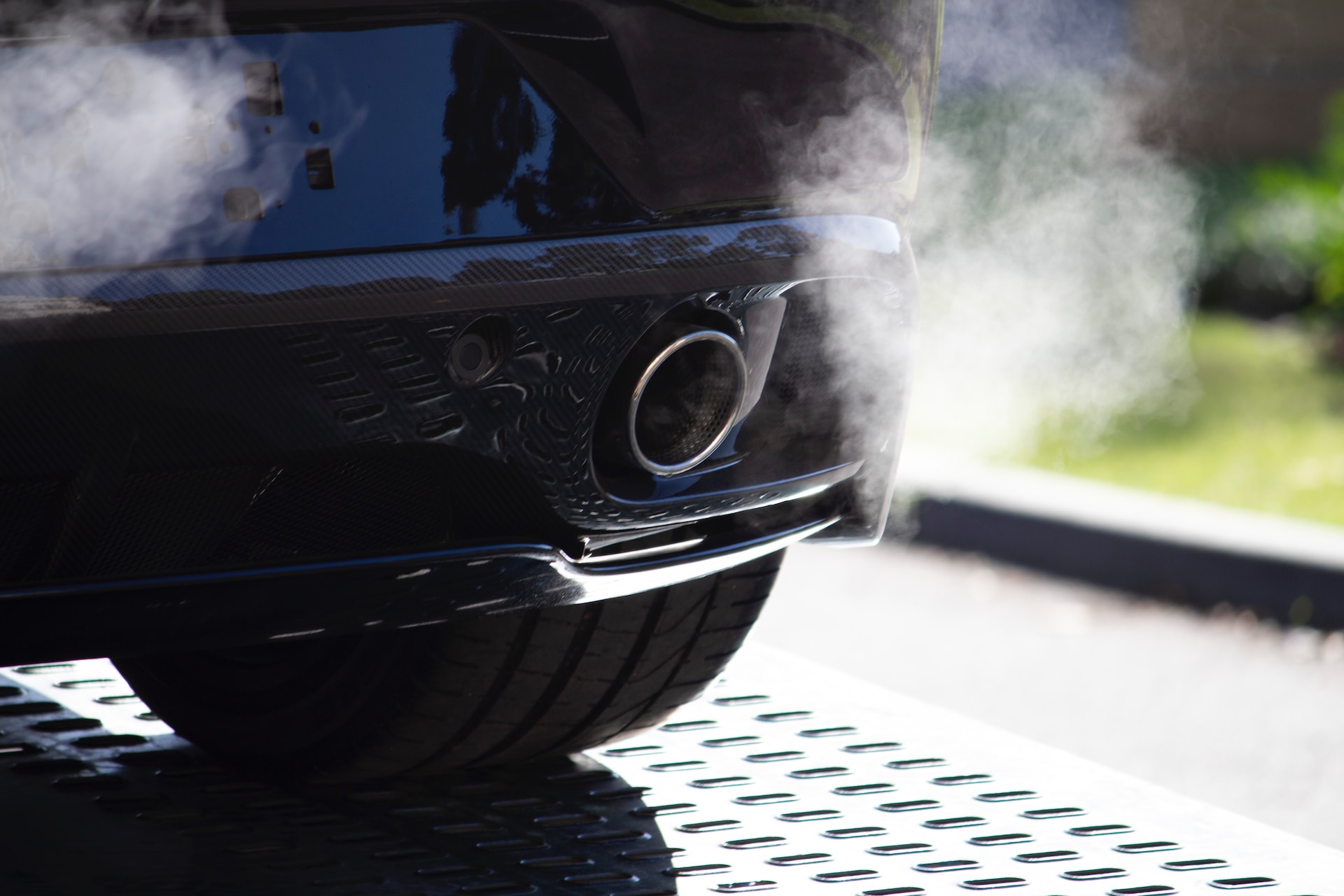 Photo by Matt Boitor on Unsplash
Photo by Matt Boitor on Unsplash
27. Regularly Lubricate Moving Parts
Many moving parts in the car, such as door hinges, locks, and other mechanisms, require consistent lubrication. Doing so will help prevent wear and tear, all while maintaining smooth operation. Applying lubricants at regular intervals can extend the life of these components.
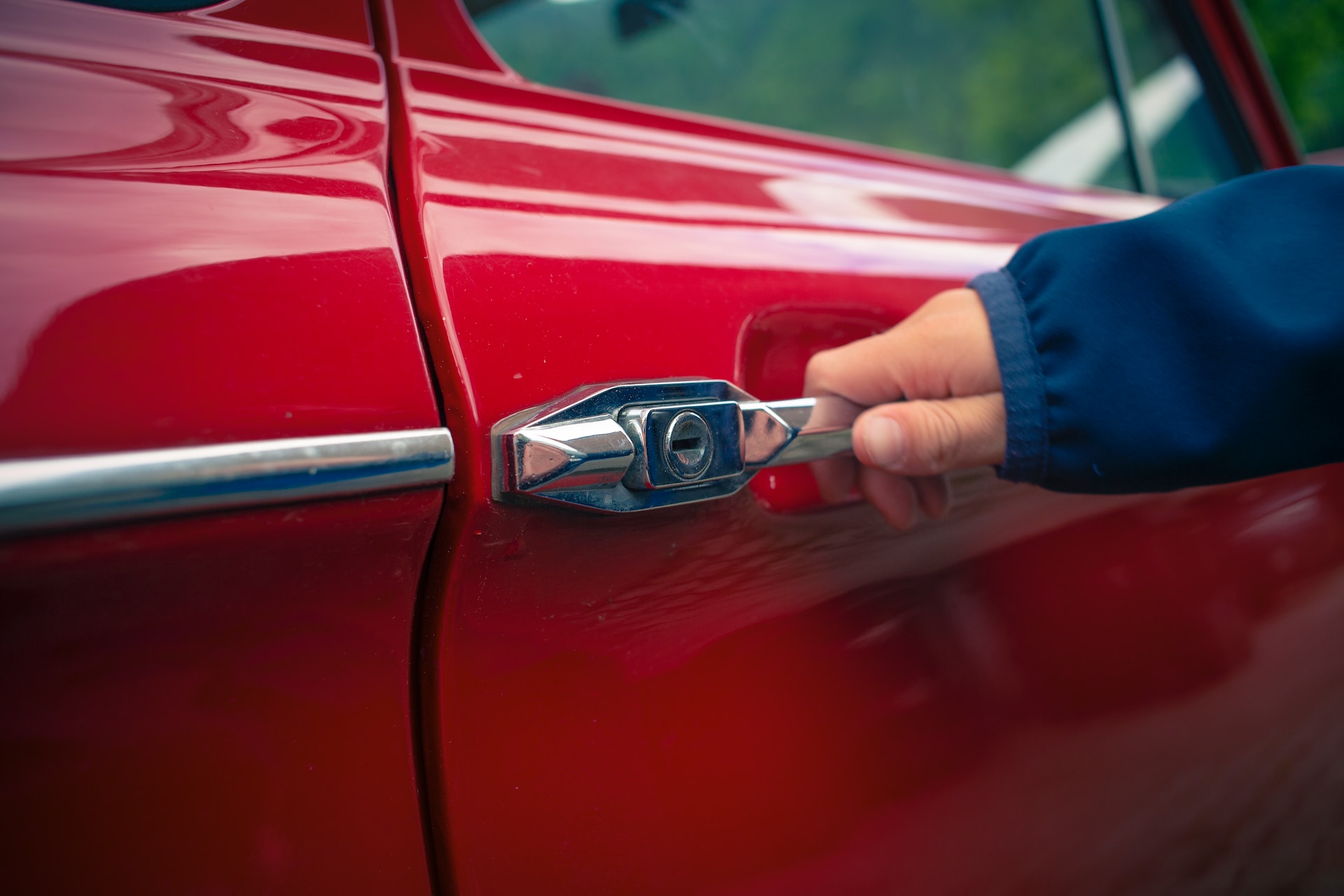 Photo by Markus Spiske on Unsplash
Photo by Markus Spiske on Unsplash
28. Pay Attention to Warning Lights
The dashboard warning lights aren’t just there for fun, they’re your car’s way of communicating potential issues. Don’t ignore them! Whether it’s a check engine light or a tire pressure warning, address the problem as soon as possible. Early diagnosis can often prevent minor issues from becoming major headaches.
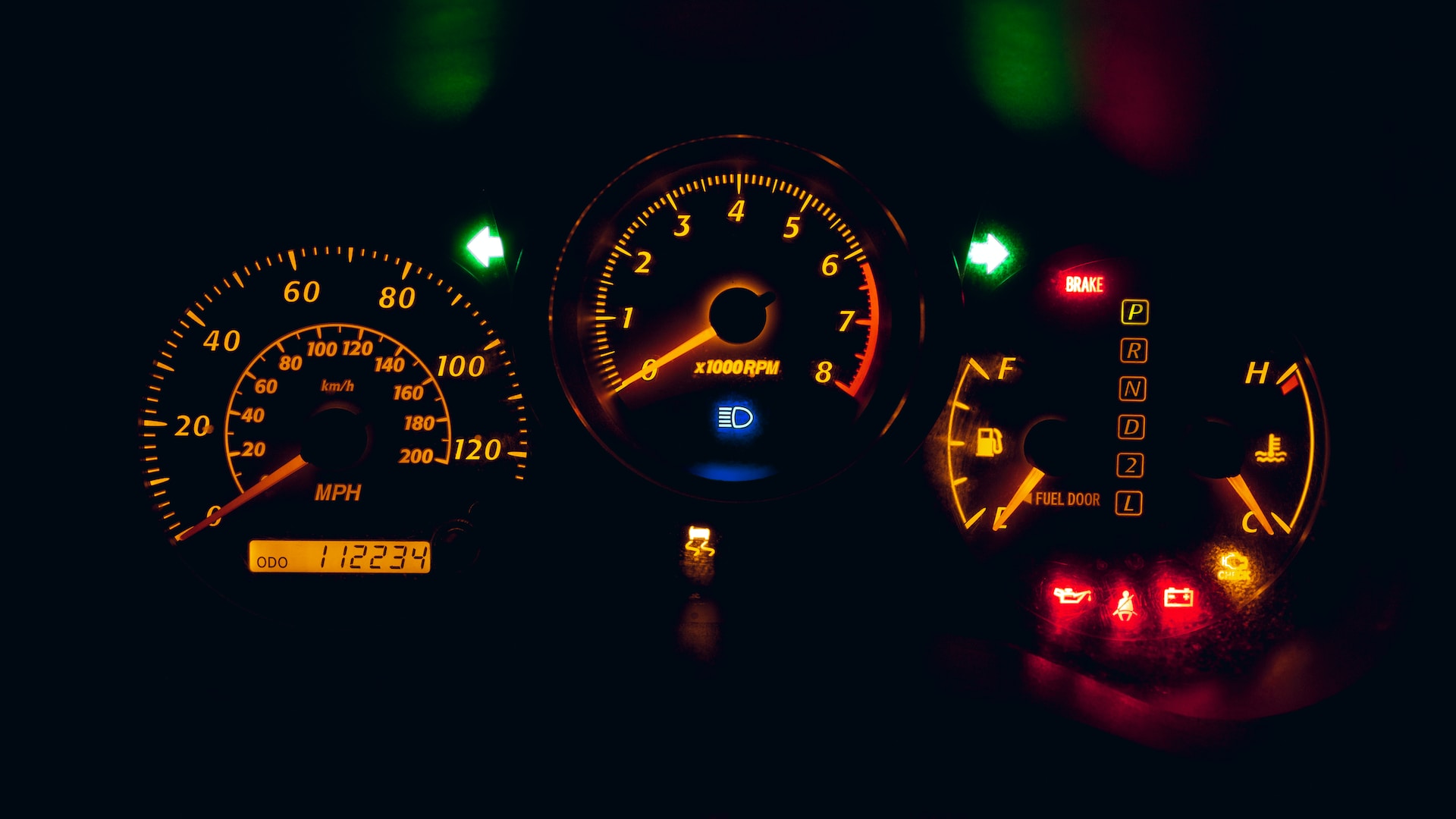 Photo by Alex McCarthy on Unsplash
Photo by Alex McCarthy on Unsplash
29. Maintain Proper Storage
If you're not using your car for extended periods, ensure it's stored properly. A covered, dry place is ideal. Additionally, occasionally start the vehicle and let it run for a bit. This ensures that the battery doesn't die, and the fluids circulate within the engine.
 Photo by Florian Olivo on Unsplash
Photo by Florian Olivo on Unsplash
30. Stay Educated
With the rapid evolution of automotive technology, it's beneficial to stay informed about your specific vehicle model. Join car forums, read the user manual, and subscribe to related magazines or online channels. The more you know about your car, the better equipped you'll be to address and preempt potential issues.
 Photo by Gisela Carolina on Unsplash
Photo by Gisela Carolina on Unsplash
31. Maintain Cabin Air Filter
A car's cabin air filter ensures the air inside your vehicle is free from dust, pollen, and other pollutants. A clogged filter can reduce the efficiency of your air conditioning and heating system. Regularly replacing the cabin air filter will ensure a pleasant environment inside your car, reduce strain on the HVAC system, and maintain good air quality for passengers.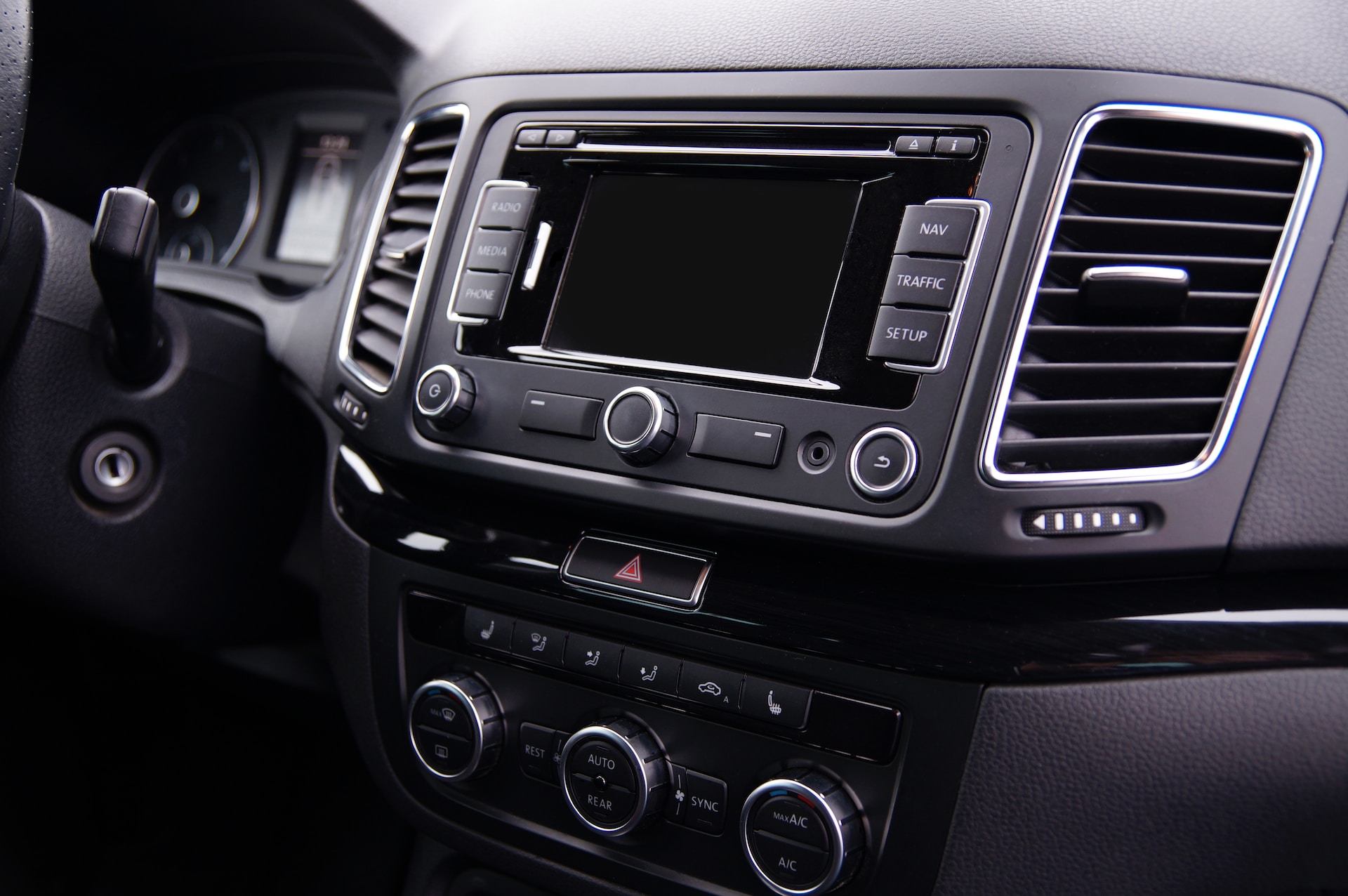 Photo by Dominik Garbera on Unsplash
Photo by Dominik Garbera on Unsplash
32. Secure Your Vehicle
One of the overlooked aspects of car care is security. Using steering wheel locks, parking in well-lit areas, or installing a car alarm system can deter theft or vandalism. These security measures not only protect your investment but can also reduce insurance premiums.
 Photo by Dane Deaner on Unsplash
Photo by Dane Deaner on Unsplash
33. Manage Fuel System
Clean fuel injectors ensure optimal engine performance and fuel efficiency. Over time, deposits can build up, reducing the efficiency of the fuel system. Using fuel injector cleaners periodically or getting professional fuel system cleaning services can maintain a smooth-running engine.
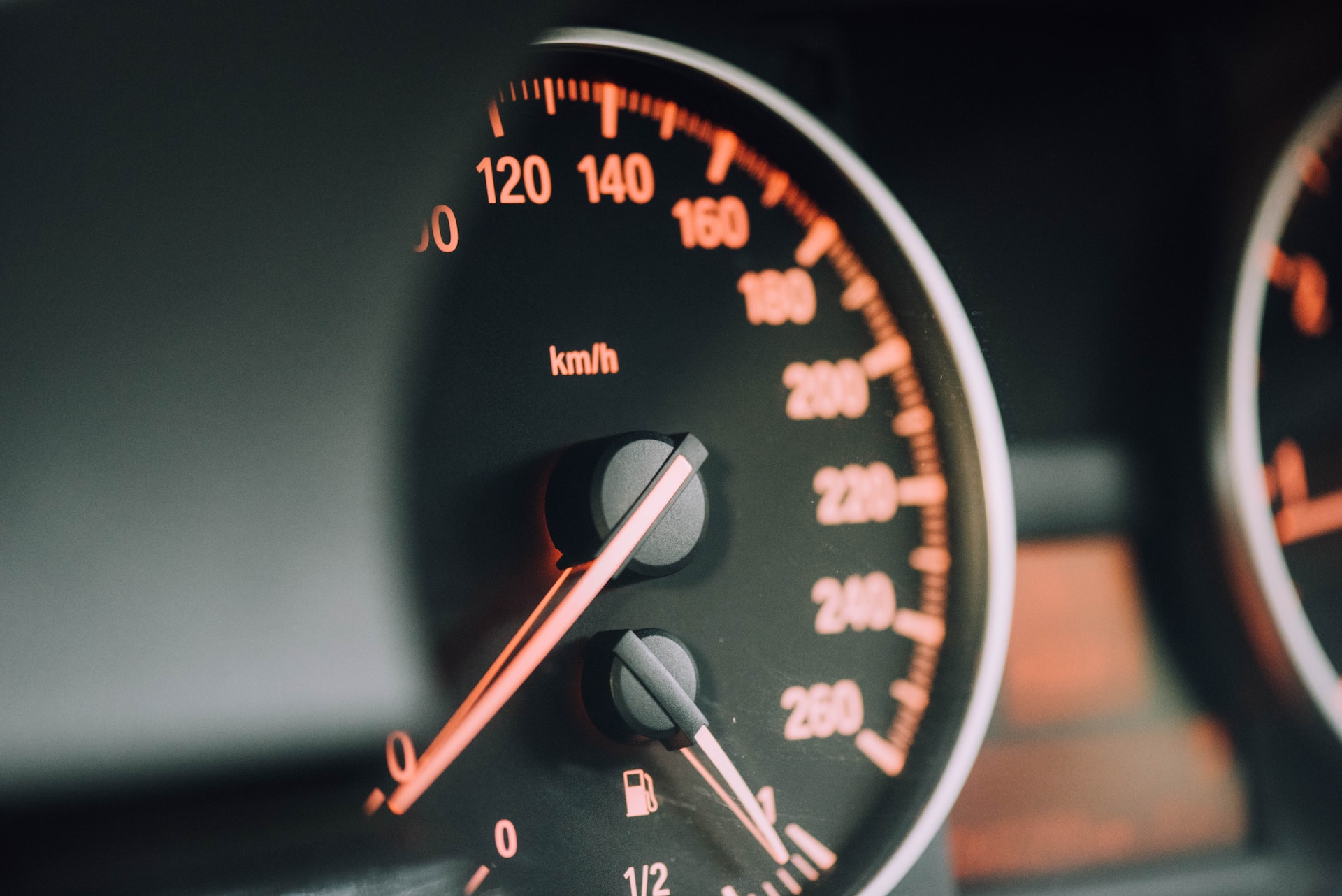 Photo by CHUTTERSNAP on Unsplash
Photo by CHUTTERSNAP on Unsplash
34. Drive Varied Distances
Constant short trips don’t let your car’s engine fully warm up, while always driving long distances can accelerate wear. Balancing your driving patterns – combining both short and longer trips – can ensure varied engine operations, which is beneficial for its overall health.
 Photo by A n v e s h on Unsplash
Photo by A n v e s h on Unsplash
35. Maintain Electrical Systems
Modern cars heavily rely on electronic systems. Regularly check the fuses, wiring, and circuits. Address any malfunctions in power windows, locks, or other electronic features immediately to prevent larger electrical issues.
36. Periodic Undercarriage Cleaning
Especially in areas where roads are salted during winter, the undercarriage can accumulate salt, dirt, and grime, leading to corrosion. Always try to keep it clean, especially during winter months, which can prevent rusting and damage to the underbelly of your vehicle.
37. Use Quality Car Care Products
Investing in high-quality cleaning and maintenance products can make a difference. Premium oils, cleaning agents, and other automotive care products often provide superior protection and can prolong the lifespan of various components.
 Photo by Daniel Vriesman on Unsplash
Photo by Daniel Vriesman on Unsplash
38. Familiarize Yourself With Sounds and Vibrations
Get to know your car’s usual sounds and vibrations. Unusual noises, whether from the engine, tires, or elsewhere, can be early indicators of problems. Addressing these anomalies early can prevent extensive damages and hefty repair bills.
 Photo by Orkun Azap on Unsplash
Photo by Orkun Azap on Unsplash
39. Be Gentle During Startup
Avoid revving the engine immediately after starting, especially during cold mornings. Letting the engine warm up for a minute or two ensures that the oil circulates properly, reducing wear and tear. Besides, no one wants to hear that early in the morning anyway.
 Photo by Isaac Jenks on Unsplash
Photo by Isaac Jenks on Unsplash
40. Consider Seasonal Maintenance
Different seasons can impose different demands on your vehicle. Whether it's preparing for the colder months with antifreeze, ensuring your air conditioning is up to par for summer, or checking your tire tread before rainy seasons, adapting your maintenance routine to the season can make a difference. Seasonal check-ups can identify specific concerns related to temperature or weather changes, ensuring your car is always prepared for the road conditions ahead.
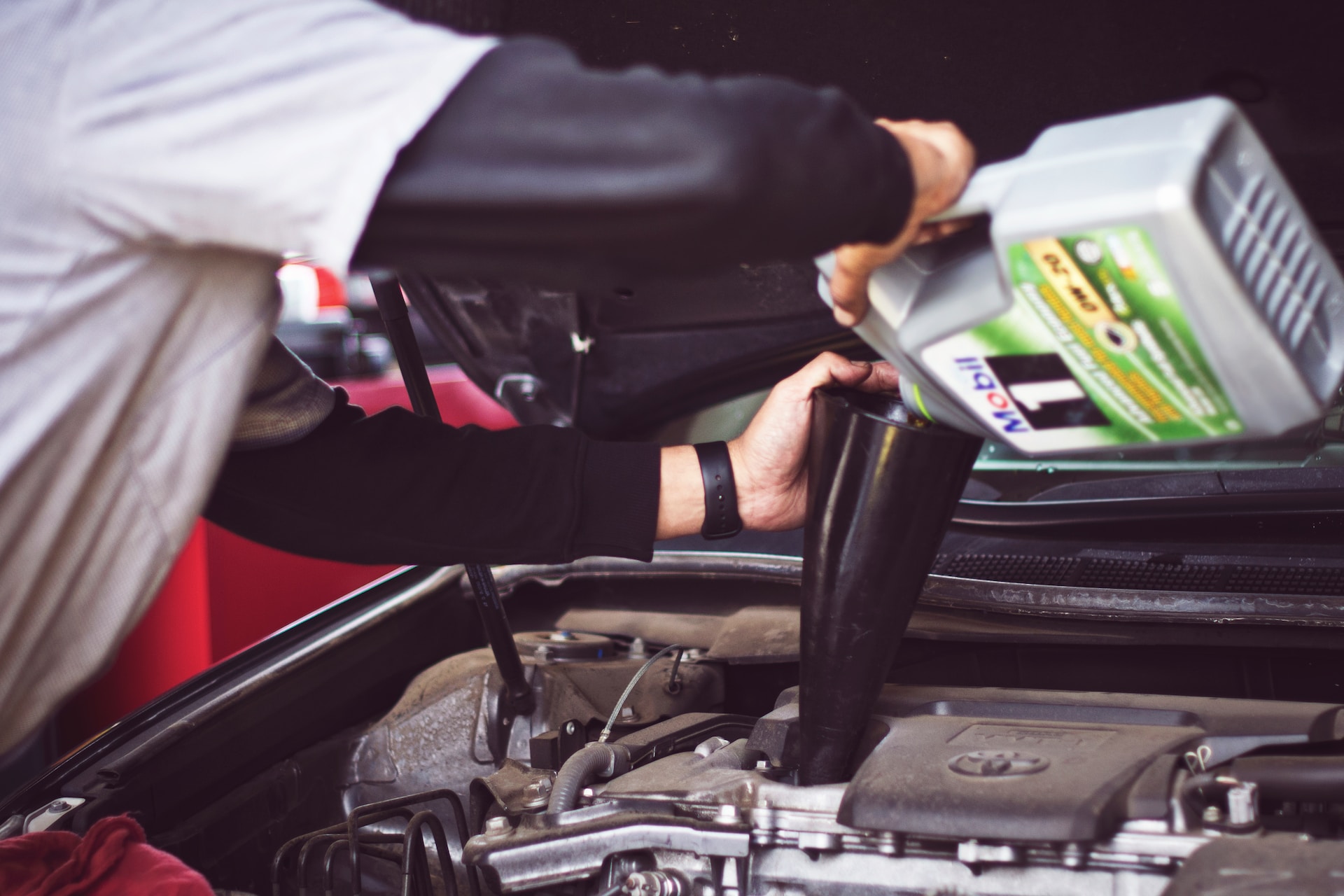 Photo by Tim Mossholder on Unsplash
Photo by Tim Mossholder on Unsplash
Consistent care and attention to detail are paramount when it comes to preserving your vehicle’s lifespan and performance. We all want our cars to last as long as possible, so it’s necessary that we put in the work. By incorporating these additional steps into your car care regime, you’re setting the stage for years of reliable and enjoyable driving.


